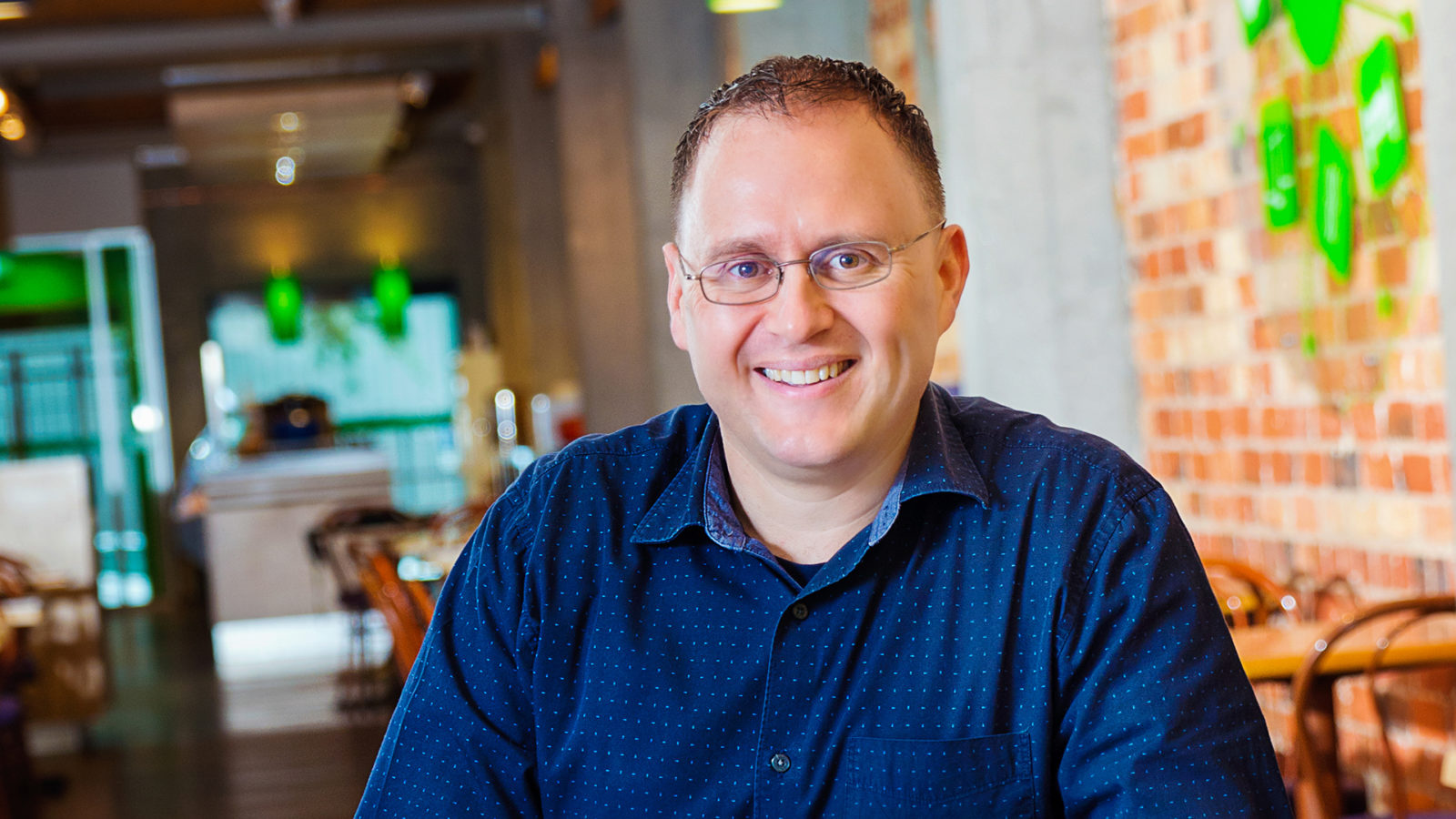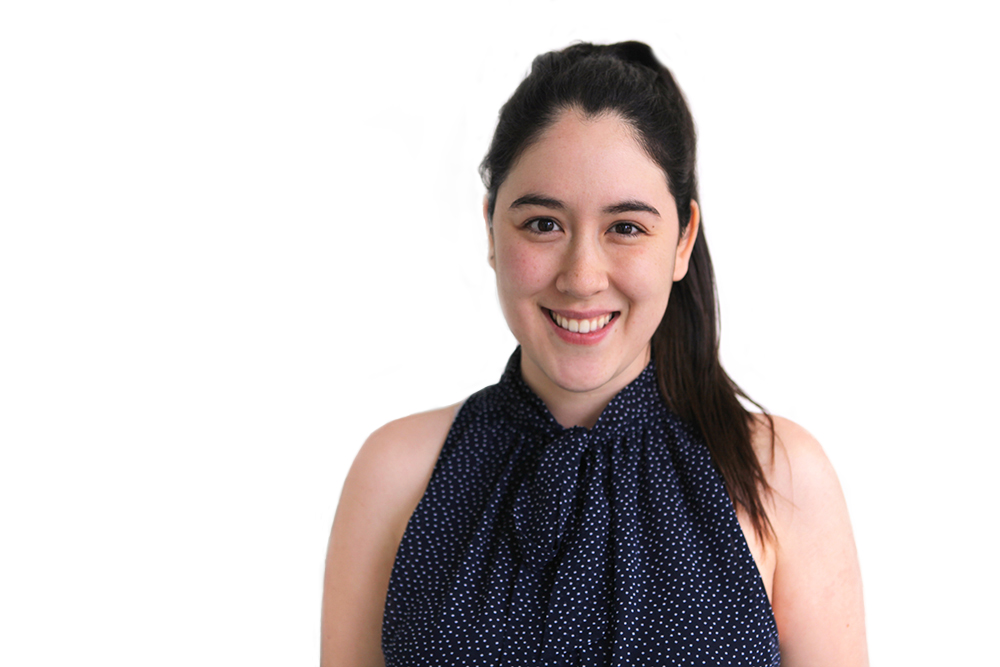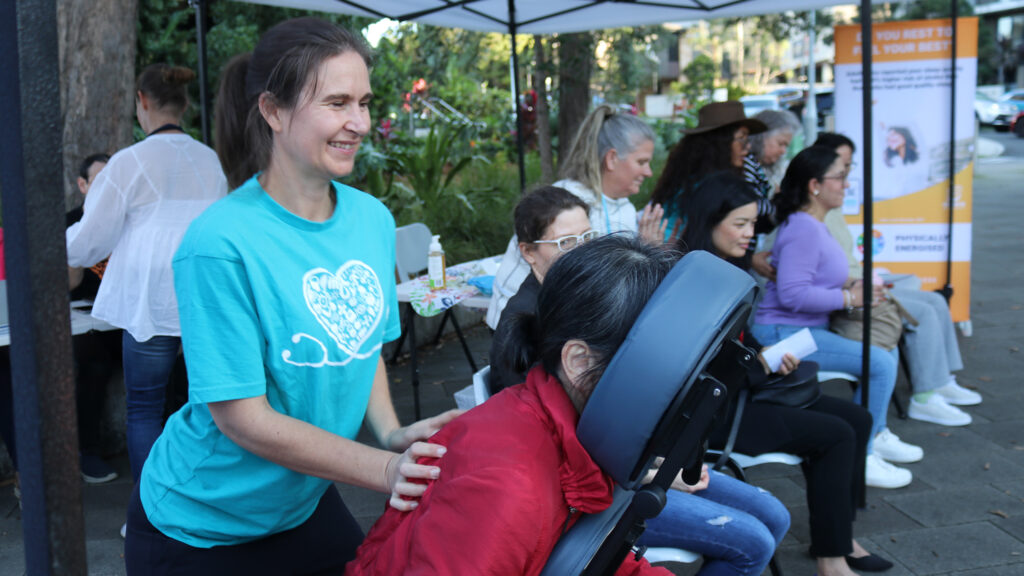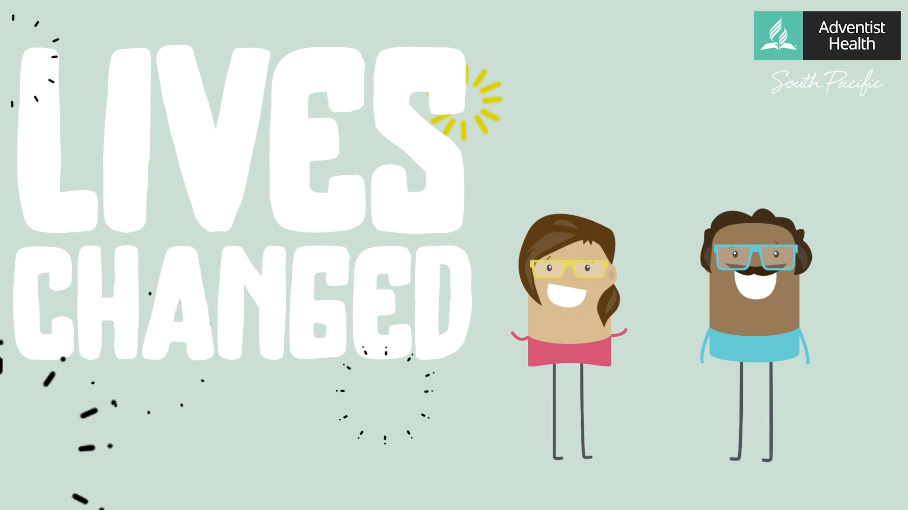Name: Jeremy Dixon
Job: Revive cafe owner/founder
Where: Auckland, New Zealand
How was the Revive ministry born?
I used to work for Sanitarium back in the ‘90s, but in 2004 my wife and I went to a health retreat and came back inspired to share the benefits of a healthy diet and lifestyle with others further. I quit my job and in 2005 opened the first Revive café in Auckland. In 2011, I put out the first Revive cookbook and thought that would be it, but it sold out so quickly! I’ve basically been doing one cookbook a year, and to date, we’ve got nine cookbooks in print and two cafés in central Auckland.
What does a typical day look like for you?
I like to get up early—around 5:30am—to shower, study my Bible and set my plan for the day: reviewing my goals and making a list of things I need to do. By 6:30am I’m already at the café to meet with my operations manager and give inspiration for next week’s menu. Each week we like to have a new dish, so we’ll look at the new ingredients that have come in and create a new recipe. Or there might be a dish we’re having a problem with, so we’ll work on troubleshooting that—we’re always trying to improve our recipes.
Then there are always marketing things to plan out, as well as reviewing our finances and making sure any projects we’re undertaking—for example, we’re currently renovating one of our stores at the moment—are going well.
After I’m finished at the café, I head across Auckland to the Frooze Ball factory, which really takes up the majority of my time.
People know you for the Revive cafés and cookbooks, so tell us a bit about these Frooze Balls.
The plant-based “bliss balls” we sold in our cafés were so popular, we couldn’t keep up with the demand instore. The Frooze Balls range was born as a result and they’re now the number-one-selling healthy snack in New Zealand. At the moment we’re doing a lot of trials of new products—we’ve got a test machine that can make different types of Frooze Balls, so every day is about experimenting with flavours and recipes.
In your 14 years of running successful cafés, what’s the biggest lesson you’ve learnt?
Have a goal of where you want to get to, but be willing to change—often along the way—the method of how you get there. The menu we currently have in our cafés is completely different to the menu I first started with. In a café, the menu dictates everything about how profitable or successful you are. When you come up with something that’s just not working, realising it straight away and making changes to fix it can be crucial to a profitable and successful business.
How do you share Jesus through your job?
It can be difficult, because New Zealand is a very secular country. But there are little things we do that we believe can make a difference. We always have copies of Signs of the Times magazines in our cafés. I also like running cooking demonstrations—it’s one of the easiest ways to get more than 100 people from the community into a Seventh-day Adventist Church!
After all these years, what’s been your favourite recipe to create?
Great question. Probably one that stands out the most is our “Too Good to be True Tiramisu”. It’s a tiramisu copy, but we use Inka (a Polish, barley-based powder) as a coffee substitute, with cacao, coconut oil and nuts. In the cafés, it sells really well.
What’s next for the Revive ministry?
I’ll probably need to reinvent something at some stage—you can’t keep doing the same thing forever—but I enjoy doing the cookbooks and sharing things through them. I’ve also had a lot of people contact me and tell me they’d like to run a Revive café in their city, so I’d love to develop a franchise model eventually so people can open their own cafés.
What should people know before attempting to open their own café?
A lot of healthy, plant-based cafés around the world start and then fizzle out. Even the standard coffee-based, meat-based cafés struggle. Cafés are a very complicated and difficult business model. It’s not about just wandering in and doing some cooking—being able to cook delicious food is probably 10 per cent of the skills you’ll need to run a café. You need to have an understanding of marketing, accounting, HR and property, and a good balance of each. If you get one of those things wrong—not enough marketing or the wrong location, mix of meals, pricing or staff—it can make the difference between doing well or an unsuccessful business venture.
Chase your dreams, but go and work in a café first for at least a year! I didn’t do this and it cost me a lot of money, and an extra year of pain that I probably could have avoided.
There is so much that goes on behind the scenes of running a business. When someone wins a gold medal at the Olympics, you see the medal ceremony, but you don’t see the long hours they’ve put in every morning for the past 20 years to get to that stage. It has been like that with the cafés and cookbooks. I’ve had years where it has been gruelling, tough and painful, but it forces you to reinvent yourself, dig deep and make changes to make things work. It tests your faith and your commitment to your mission.
What’s the best part about your job?
All the comments from people. It means a lot when people email you to tell you they’ve lost huge amounts of weight, their diseases have gone away or their family is now eating healthy food because of my cookbooks. The business side of things is necessary to make it work, but having a business with a mission—that means you can make a real difference in people’s lives.











